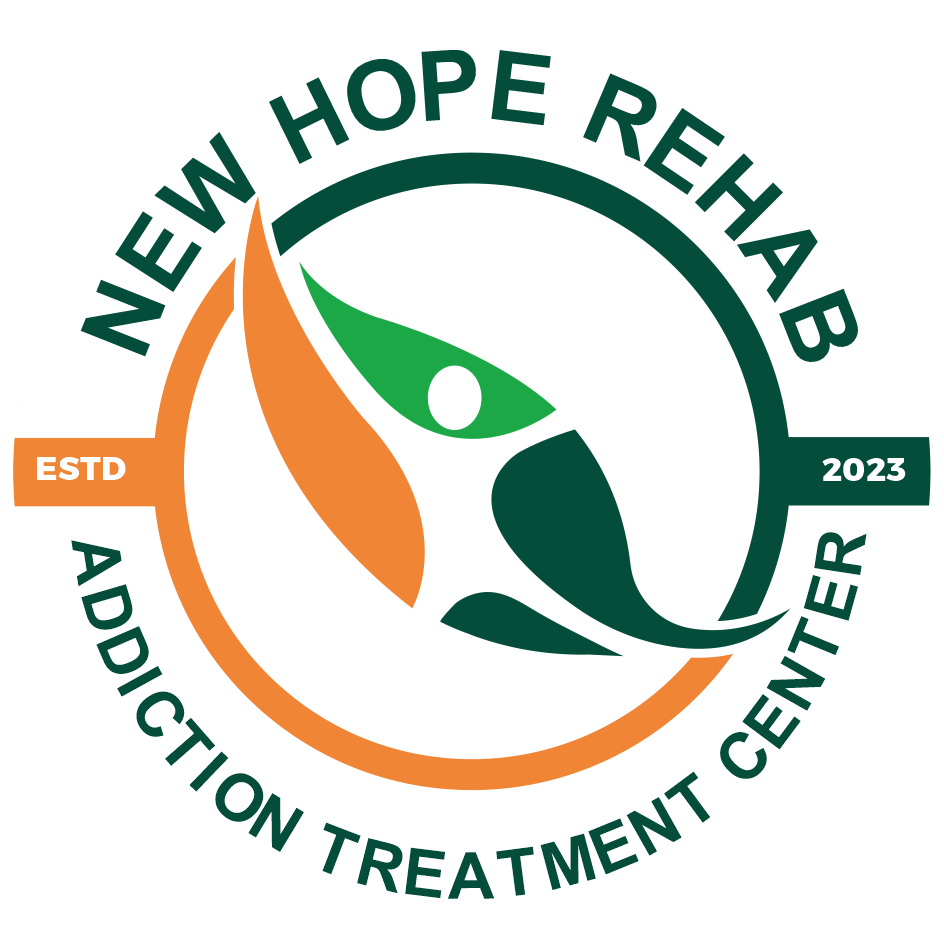Heroin Addiction
Heroin Addiction
Heroin addiction is a serious and life-altering condition characterized by the compulsive use and dependence on heroin, a highly addictive opioid drug derived from morphine. Heroin is typically used illicitly and is known for its powerful and rapid effects on the brain and body. Here are some key points about heroin addiction:
You will be required to :
Addiction Potential: Heroin is an opioid drug that binds to specific receptors in the brain, leading to feelings of euphoria, pain relief, and sedation. These intense effects can quickly lead to tolerance, dependence, and addiction, making it challenging for individuals to stop using despite negative consequences.
Health Consequences: Heroin addiction can have severe health implications. Repeated use can lead to respiratory depression, increased risk of infectious diseases (such as HIV and hepatitis), heart problems, liver and kidney damage, and mental health issues like depression and anxiety.
Signs and Symptoms: Symptoms of heroin addiction can include a strong craving for the drug, unsuccessful attempts to quit or cut down on use, neglecting responsibilities and personal relationships due to heroin use, engaging in risky behaviors to obtain the drug, and experiencing withdrawal symptoms when trying to stop using.
Withdrawal: Heroin withdrawal can be extremely distressing and uncomfortable. Symptoms may include intense cravings, restlessness, muscle and bone pain, insomnia, nausea, vomiting, and sweating. The intensity of withdrawal symptoms often drives individuals to continue using heroin to avoid feeling sick.
Treatment Options: Heroin addiction treatment typically involves a combination of behavioral therapies and medication-assisted treatment (MAT). Behavioral therapies like cognitive-behavioral therapy (CBT), contingency management, and group therapy help address the psychological aspects of addiction, while MAT uses medications such as methadone, buprenorphine, or naltrexone to help reduce cravings and withdrawal symptoms.
Harm Reduction: Harm reduction strategies aim to minimize the negative consequences of drug use without requiring immediate abstinence. For individuals who are not ready to seek treatment, harm reduction approaches, such as needle exchange programs and supervised injection sites, can help reduce the risk of infectious diseases and overdose deaths.
Supportive Environment: Recovering from heroin addiction often requires a supportive environment that promotes healing and growth. Family support, involvement in positive social activities, and access to aftercare programs can aid in sustained recovery.
Long-term Recovery: Overcoming heroin addiction is a challenging process that requires ongoing commitment and support. Long-term recovery often involves participating in support groups, making positive lifestyle changes, and addressing any co-occurring mental health issues.
The Requirements :
If you or someone you know is struggling with heroin addiction, seeking professional help from healthcare providers, addiction specialists, or rehabilitation centers is crucial. Early intervention and comprehensive treatment can significantly improve the chances of successful recovery and long-term well-being.
